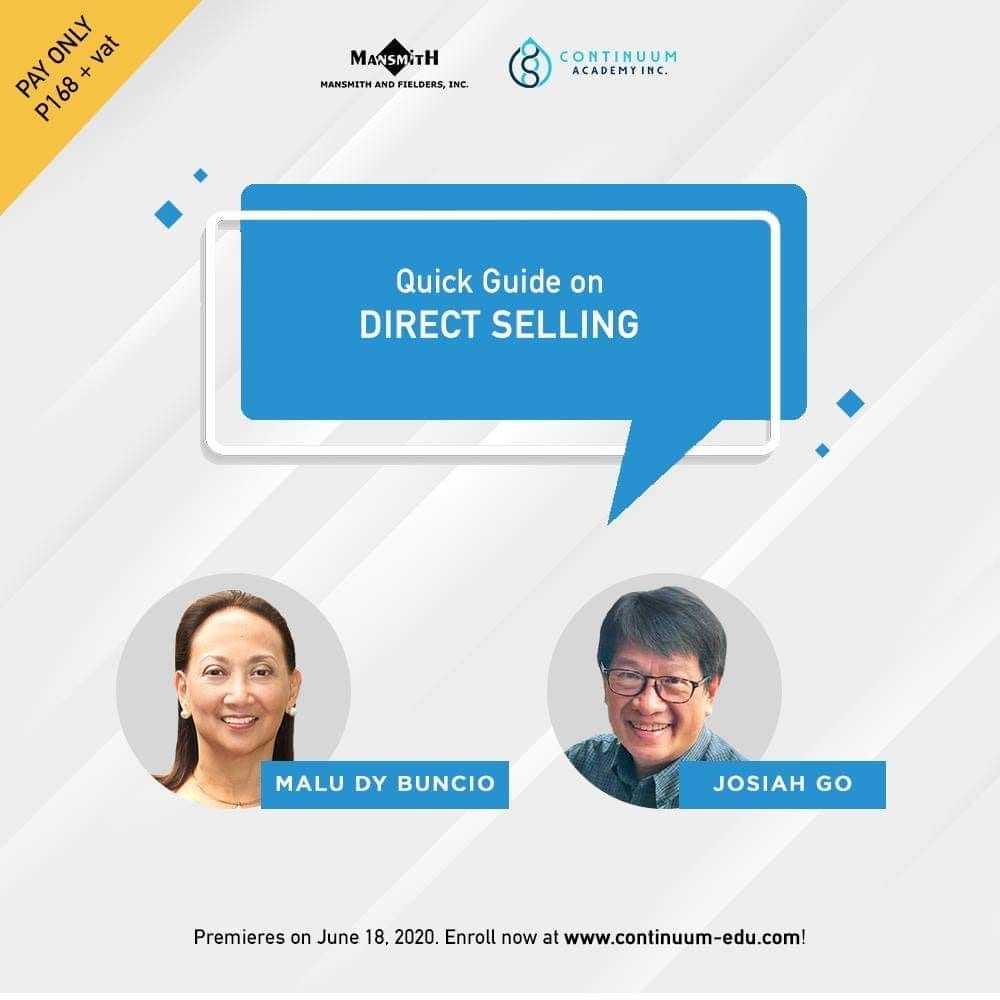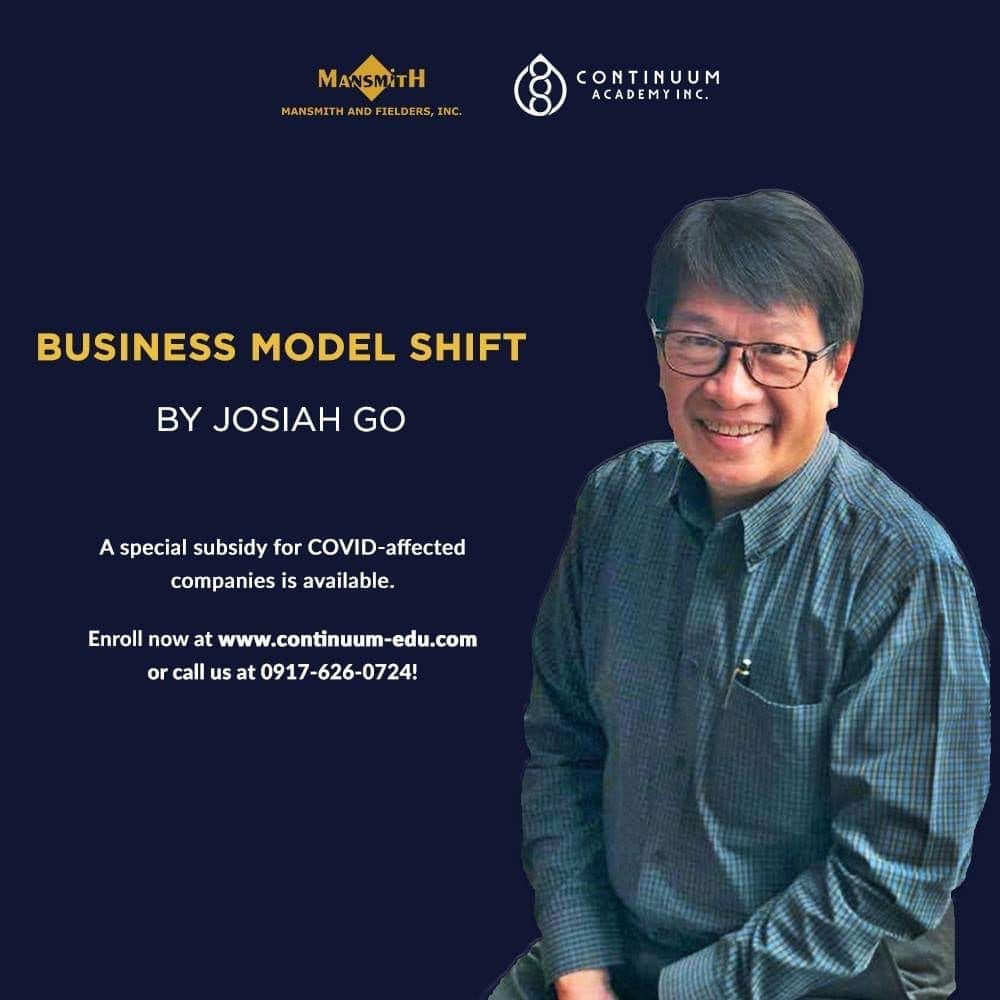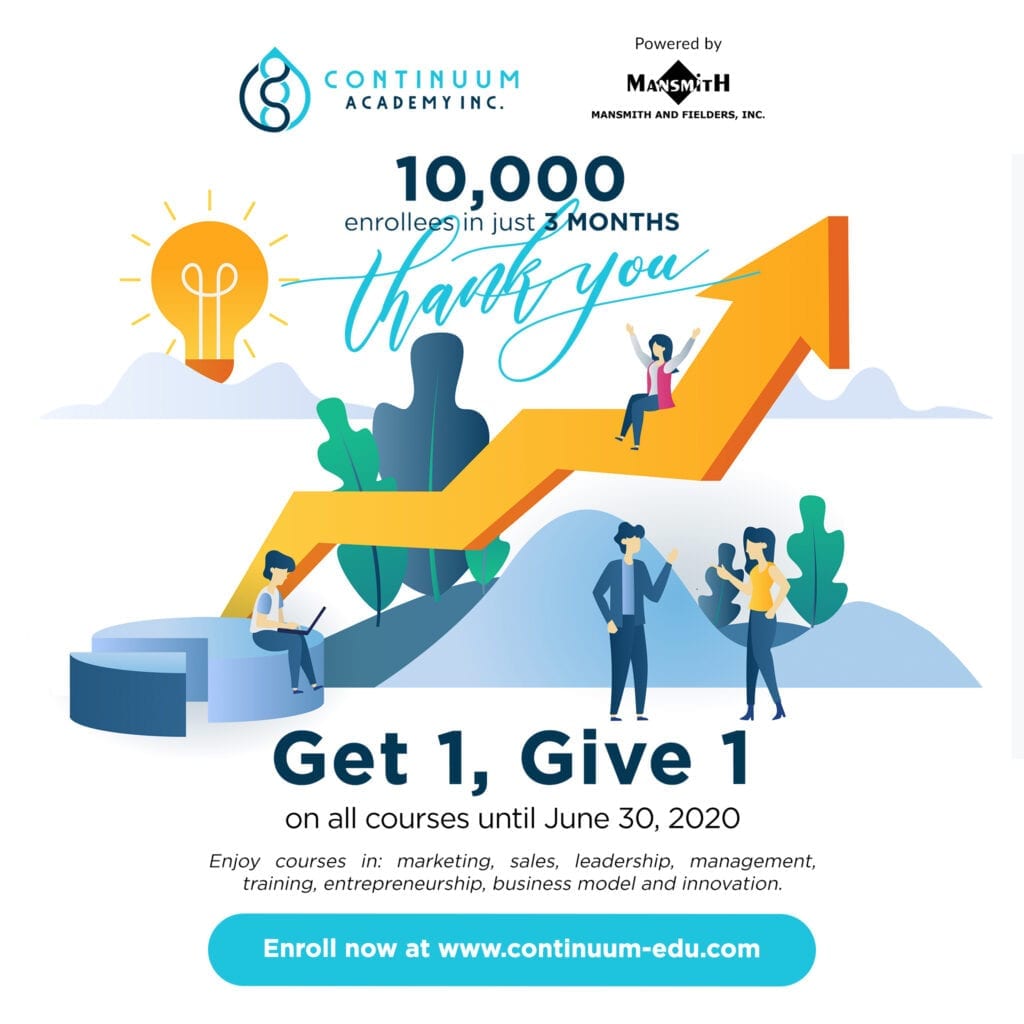
In my Q&A with former Avon Philippines GM, the multi-awarded Malu Dybuncio, for Mansmith’s course in Direct Selling, she reminded me of the four stages of competency and the importance of knowing and attaining required competencies for the job to be done.
Let me share the four stages of competency, formulated in the 1970’s by Noel Burch. Additional explanations are mine.
Stage 1 is Unconsciously Incompetent – you don’t know what you don’t know, and just maintain status quo. For example, your business has been affected by COVID and needs to pivot its business model, but you are unaware pivoting is possible as well as how exactly to pivot. Being unconscious of what you don’t know will make you indifferent about changes. You will rely on the wrong type of intuition that may get you or your business in trouble in high stakes situations. You need to recognize your deficit and then work on upskilling. Believe in the value of the new skill and knowledge you will gain.
Stage 2 is Consciously Incompetent – you eventually know what you don’t know, but still don’t know how to solve it. For example, you know you need to pivot your business model but do not know how. Being conscious of what you don’t know will make you search for the solution, meantime, you will likely have the wrong analysis. At least, you recognize your deficit and believe there is value in the new skill and knowledge you will learn.
Stage 3 is Consciously Competent – you know what you don’t know, and also at least have a proper idea what to do. For instance, you know you need to pivot and know to turn to templates to help your business model. Being conscious of what you know will help you act with the right analysis. You have no deficit in knowing and understanding.

Stage 4 is Unconsciously Competent – you don’t really think about what needs to be done because your mind automatically points you to the right direction. For instance, in thinking about business, you automatically think about the eleven building blocks of a business model and how one element interacts with other elements. Being unconscious of what you already know will now allow you to use the right intuition. You have attained mastery and are even capable of teaching the subject to others.
It is important to be life long learners, in fact, in critical periods, you need to have adequate information to make higher risk decisions in a short time period. Let me offer a case about the importance of saving time and effort by paying for the opinion of others. For instance, spending 3 days in a new city as a tourist, you can explore the city on your own, or hire an experienced tourist guide who can save you time, effort and money, while making sure you learn what you need to learn about a new city maximizing what you need to know. A crisis is like a critical period in your business that needs many decisions, decisions that will either put your company and your people afloat or go bust.
One of the business people I admire is Aileen Choi-Go (no relation to me), co-owner of Megasoft Hygienic Products, their company has been growing so fast, yet, she continues to be a life long learner. When I asked why she bought all short courses of Mansmith and Fielders Inc. now available online in Continuum Academy, she shares “I bought all because I need to upgrade myself to adapt to the new normal. . . Although I have meetings everyday with the sales team, distributors and the accounts, I feel it is not enough!” Truly, humility allows successful people to put success into perspective. We hope to have more people like Aileen.
P.s. “Quick Guide in Direct Selling” (premiers on June 18 with 500 prebooked reservations) and “Business Model Shift: Pivoting Toward a New and Better Normal” are just some of the short courses of Mansmith and Fielders Inc. available at Continuum Academy. Visit www.continuum-edu.com and get Covid-affected discounts.


Continuum is celebrating their exceeding 10,000 enrollees in less than 3 months with a Get 1 – Give 1 offer until June 30, 2020.



